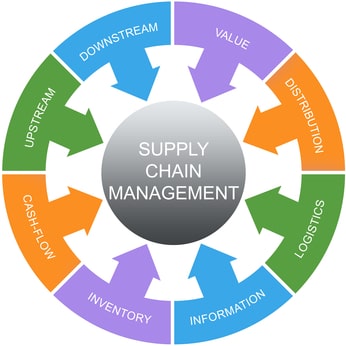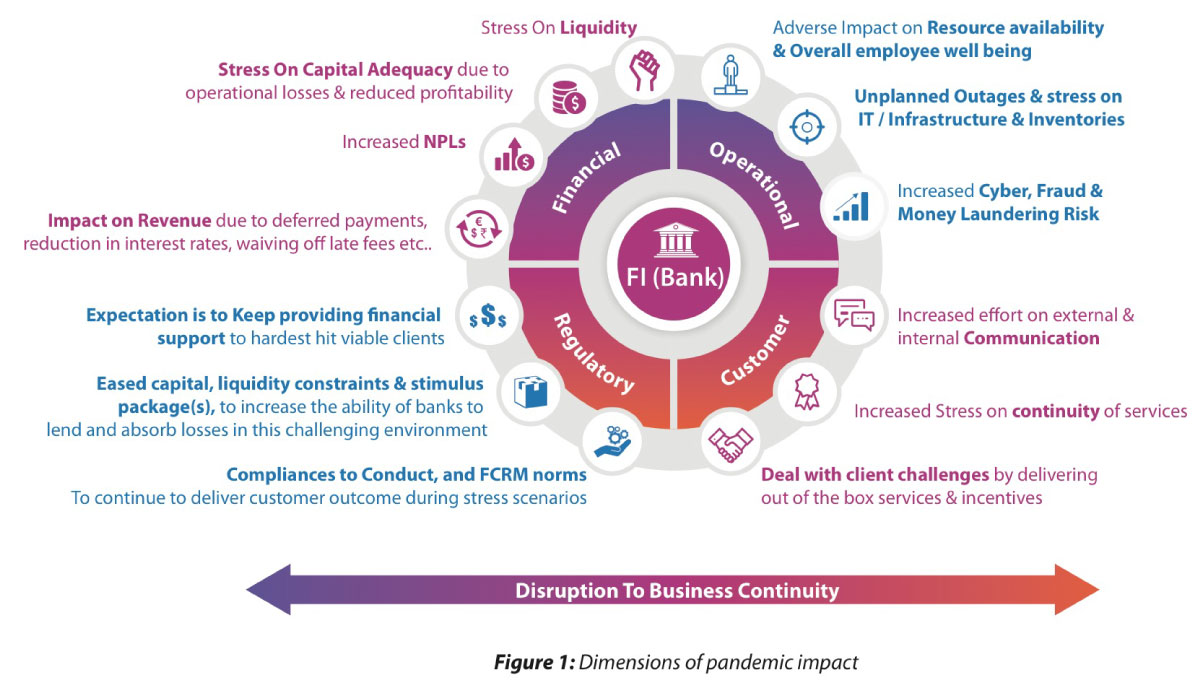
There are many reasons project management is important to a business. These include creating a team spirit and a sense of unity, ensuring efficient resource management, keeping clients at arm's length, and promoting on-time project completion. This article will focus on the most important reasons project management is essential for a business. Continue reading to find out more. We will also show you how this tool can be used to benefit your business.
Project management creates a sense of unity among team members
Communication is an essential aspect of project management. A good project manager will listen carefully to the opinions of his team and ensure that they are heard. Frequent communication between team members also allows for the development of trust. Team unity and productivity can be maintained by keeping communication channels open and clear. Here are some suggestions for communication that will help project managers communicate effectively.

It encourages efficient resource administration
Good resource management makes sure that project resources are efficiently used. It helps to understand people's strengths and weaknesses in order to allocate resources more effectively. It helps balance time and skill levels of the team and keeps current projects on track. Resource forecasting is a tool that helps managers plan for future needs and identify conflicts between tasks. It helps managers allocate resources based on their skills.
It keeps clients at an arm's length
A project manager must be able to balance client expectations and company needs. Clients can be unreasonable and demanding. It is essential to maintain a distance from clients. Project managers must be able to manage client expectations and not become frustrated if they are not possible to meet. Here are some strategies to manage conflict in project administration:
It encourages prompt completion of projects
Project management is the art of planning, organizing, managing, and achieving predetermined goals. It is used to achieve specific goals in all types and sizes of businesses. Different types of projects are available depending on the industry or organization. These projects are generally expected to be completed within the timeframe. A good project manager can ensure the success of projects by setting clear goals and timelines, ensuring the success of team members, and identifying and mitigating potential risks.

It helps to control cost overruns
A project manager is responsible for determining if there has been an unplanned rise in costs. There are many reasons cost overruns may occur. An inaccurate estimate of project costs can cause project delays and rework that may be more costly than meeting stakeholder demands at the beginning. It is crucial to be able to clearly understand the cost and scope of a project in order to prevent budget overruns. Here are some common sources of cost overruns.
FAQ
How to manage employees effectively?
The key to effective management of employees is ensuring their happiness and productivity.
This includes setting clear expectations for their behavior and tracking their performance.
Managers need clear goals to be able to accomplish this.
They must communicate clearly with their staff. They need to communicate clearly with their staff.
They should also keep records of all activities within their team. These include:
-
What did you accomplish?
-
How much work were you able to accomplish?
-
Who did it?
-
When it was done?
-
Why was it done?
This information is useful for monitoring performance and evaluating the results.
What role should a manager play within a company
Managers' roles vary from industry to industry.
Managers generally oversee the day-today operations of a business.
He/she makes sure that the company meets its financial obligations, and that it produces goods or services that customers desire.
He/she will ensure that employees follow all rules and regulations, and adhere to quality standards.
He/she plans and oversees marketing campaigns.
What are the 5 management processes?
These five stages are: planning, execution monitoring, review and evaluation.
Planning means setting goals for the long-term. It includes defining what you want to achieve and how you plan to do it.
Execution occurs when you actually carry out the plans. They must be followed by all parties.
Monitoring is the process of evaluating your progress toward achieving your objectives. This should involve regular reviews of performance against targets and budgets.
At the end of every year, reviews take place. These reviews allow you to evaluate whether the year was successful. If not, changes may be made to improve the performance next time around.
After the annual review, evaluation takes place. It helps identify what worked well and what didn't. It also gives feedback on how well people did.
What are the 3 main management styles?
There are three types of management: participative, laissez faire, and authoritarian. Each style has its own strengths and weaknesses. Which style do your prefer? Why?
Authoritarian - The leader sets the direction and expects everyone to comply with it. This style is best when the organization has a large and stable workforce.
Laissez-faire - The leader allows each individual to decide for him/herself. This approach works best in small, dynamic organizations.
Participative – The leader listens and takes in ideas from all. This approach works best in small organizations where everyone feels valued.
What is TQM?
The industrial revolution was when companies realized that they couldn't compete on price alone. This is what sparked the quality movement. If they wanted to stay competitive, they needed to improve their quality and efficiency.
Management responded to the need to improve, and developed Total Quality Management (TQM). This focused on improving every aspect of an organization’s performance. It involved continuous improvement, employee participation, and customer satisfaction.
Six Sigma is so popular.
Six Sigma is simple to implement and can yield significant results. It provides a framework that allows for improvement and helps companies concentrate on what really matters.
Statistics
- Hire the top business lawyers and save up to 60% on legal fees (upcounsel.com)
- As of 2020, personal bankers or tellers make an average of $32,620 per year, according to the BLS. (wgu.edu)
- UpCounsel accepts only the top 5 percent of lawyers on its site. (upcounsel.com)
- The average salary for financial advisors in 2021 is around $60,000 per year, with the top 10% of the profession making more than $111,000 per year. (wgu.edu)
- Our program is 100% engineered for your success. (online.uc.edu)
External Links
How To
How can you implement Quality Management Plan (QMP).
QMP, which was introduced by ISO 9001:2008, is a systematic approach to improving products, services, and processes through continuous improvement. It focuses on the ability to measure, analyze and control processes and customer satisfaction.
QMP is a method that ensures good business performance. QMP helps improve production, service delivery and customer relationships. A QMP should include all three aspects - Processes, Products, and Services. The QMP that only addresses one aspect of the process is called a Process QMP. QMPs that focus on a Product/Service are known as "Product" QMPs. And when the QMP concentrates on Customer Relationships, it is called "Customer" QMP.
Scope, Strategy and the Implementation of a QMP are the two major elements. These elements are as follows:
Scope: This describes the scope and duration for the QMP. This will be used to define activities that are performed in the first six months of a QMP.
Strategy: This describes the steps taken to achieve the goals set out in the scope.
A typical QMP is composed of five phases: Planning Design, Development, Implementation and Maintenance. The following describes each phase.
Planning: This stage determines the QMP goals and prioritizes them. Every stakeholder involved in the project is consulted to determine their expectations and needs. After identifying the objectives, priorities and stakeholder involvement, it's time to develop the strategy for achieving the goals.
Design: This stage is where the design team creates the vision, mission and strategies necessary for successful implementation of QMP. These strategies are put into action by developing detailed plans and procedures.
Development: This is where the development team works to build the capabilities and resources necessary for the successful implementation of the QMP.
Implementation: This is the actual implementation and use of the QMP's planned strategies.
Maintenance: Maintaining the QMP over time is an ongoing effort.
Additionally, the QMP should include additional items:
Participation by Stakeholders is essential for the QMP's continued success. They should actively be involved during the planning and development, implementation, maintenance, and design stages of QMP.
Project Initiation: It is essential to have a clear understanding about the problem and the solution before you can initiate a project. In other words, the initiator needs to know why they want to do something and what they expect from the outcome.
Time Frame: It is important to consider the QMP's time frame. You can use a simplified version if you are only going to be using the QMP for short periods. For a long-term commitment you may need more complicated versions.
Cost Estimation is another important aspect of the QMP. Without knowing how much you will spend, planning is impossible. The QMP should be cost-estimated before it can begin.
QMPs are not only a document, but also a living document. This is the most important aspect of QMPs. It changes with the company. It should be reviewed on a regular basis to ensure that it is still meeting the company's needs.